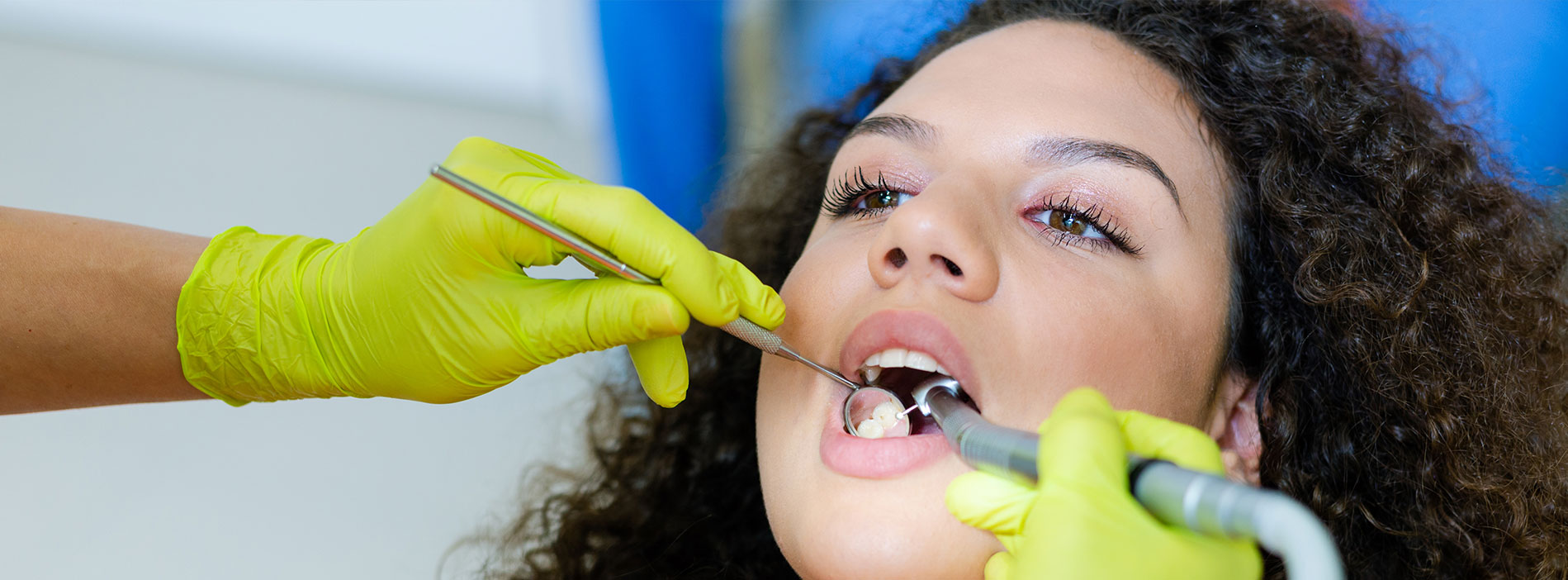Dental Bonding
If you are unhappy with imperfections in your smile, you may be a great candidate for a treatment known as “dental bonding.” Many patients in Devonshire, Bermuda utilize teeth bonding for gaps, breakage, and other aesthetic concerns in their smile. Dental bonding is a popular service available at Positive Image Dental in Devonshire, Bermuda.
What is dental bonding?
The dentists at Positive Image Dental describe dental bonding as a composite resin material that is used to disguise imperfections of the smile. It is done quickly and easily in the dental office during a single appointment and is made to match the patient’s existing tooth color for seamless integration. It can be almost impossible to tell where dental bonding has been used. This is also the same material used for tooth-colored dental fillings when cavities occur.
How is dental bonding done?
First, the dentist will file down the natural tooth structure and roughen it to allow the bonding material to adhere to the tooth. The bonding is then placed on the tooth, and a special light cures it to harden it. Then, the dentist will polish and smooth the dental bonding to complete the process. Patients can sit back and relax as our team utilizes topical numbing cream, anesthetics, and sedation if needed to address any dental anxieties patients might have.
How long does dental bonding last?
With proper care, most patients can enjoy their dental bonding for several years. It is important that patients are aware that dental bonding can stain, so regular consumption of staining beverages such as red wines, teas, and coffees should be monitored. Dental bonding is easily replaced when it is time to do so.
Schedule a visit with Positive Image Dental today
Bermuda residents seeking the best in cosmetic dentistry are encouraged to connect with Drs. Ian Campbell, Christopher Allington, and Lara Loescher of Positive Image Dental. Call (441) 292-2312 to book an appointment at the office, conveniently located a few minutes within town at ZBM Annex Fort Hill Road. We are here to help both new and established patients in our state-of-the-art facility.







